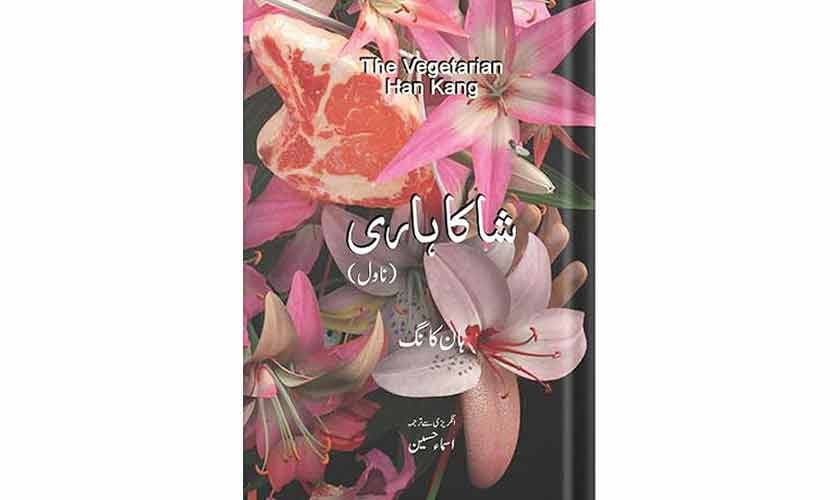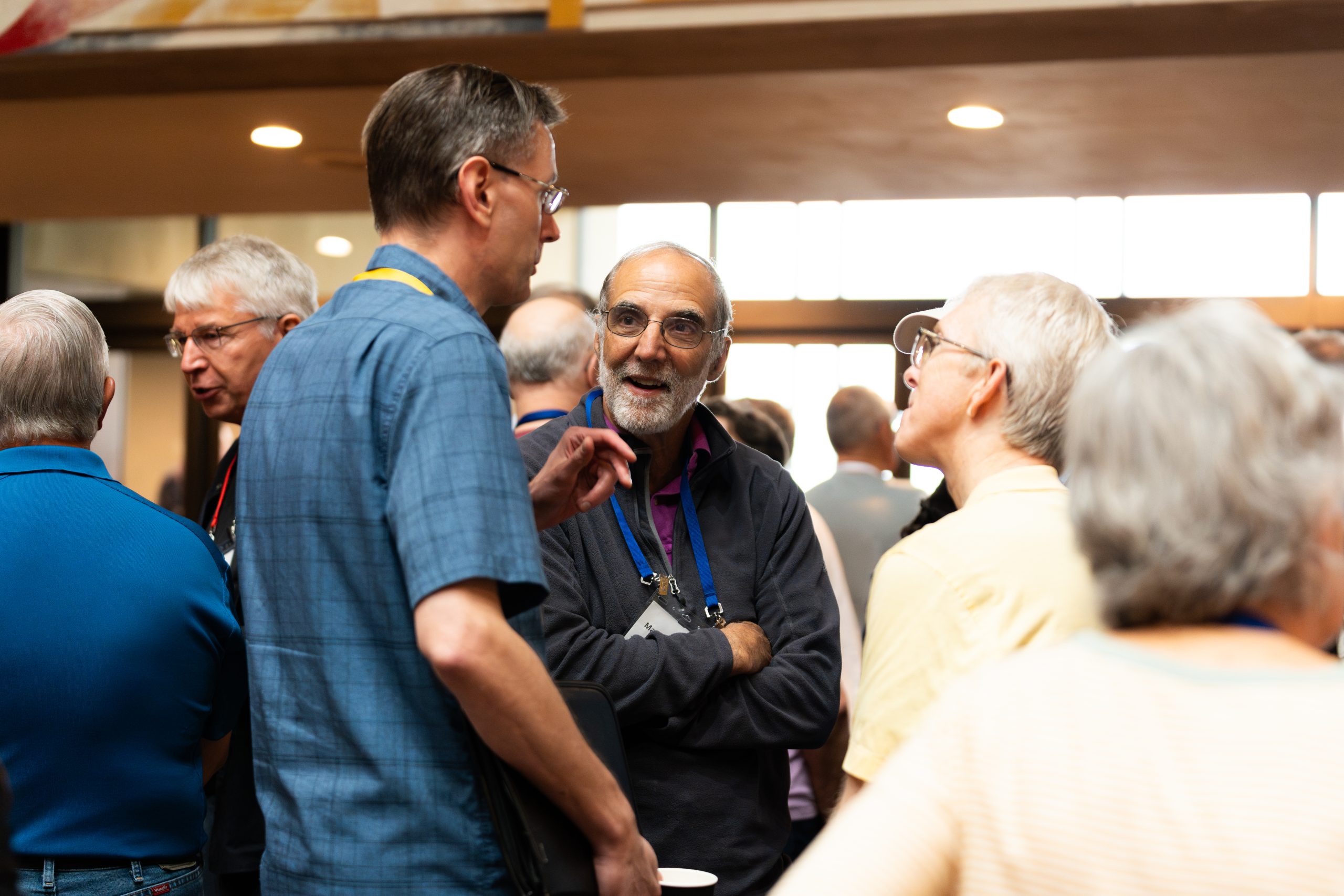Reading Han Kang’s Korean Novel in Urdu: A Journey Beyond Boundaries
Engaging with Han Kang’s Korean novel in Urdu is like experiencing the global nature of literature firsthand. This genre transcends numerous boundaries—ideological, racial, religious, linguistic, and cultural—and unites humanity through its universal themes. Translation itself is an act of transcendence, enabling stories to cross linguistic and cultural borders.
**From Korean to Urdu: The Journey of *The Vegetarian***
*The Vegetarian* was originally written in Korean and later translated into English by Deborah Smith in 2015. This translation propelled the novel beyond South Korea’s linguistic limits, allowing it to reach readers worldwide through English and subsequent translations into other languages, including Urdu.
Some may argue that the Urdu translation is twice removed from the original, but this concern holds weight only if there are discrepancies in translation quality. Traditionally, translation was viewed as a betrayal of the original text—a violation that produced an inferior copy. However, modern perspectives have shifted. The notions of “original” and “copy” are now seen as arbitrary and potentially detrimental to the reading experience.
Where does this dichotomy truly exist? Is it inside the text or beyond it? Most often, this divide is rooted in academic debates about translation rather than in the text itself. With translated works, the focus should be on the quality of the translation rather than the number of steps removed from the original.
**A Masterful Urdu Translation**
The Urdu edition of *The Vegetarian*, translated by Asma Hussain, is exceptionally crafted and engaging. Readers do not sense the absence of the original nor feel that its essence has been compromised. Hussain’s impressive command of both English and Urdu allows her to preserve—and occasionally recreate—the narrative spaces where characters breathe, struggle, and live.
The term “vegetarian” is impeccably translated as *Shaka Hari*, preserving the cultural and conceptual essence. This sensitivity and skill reinforce the novel’s power and accessibility for Urdu readers.
**About Han Kang and Her Work**
Han Kang, who won the Man Booker International Prize for *The Vegetarian* in 2016 and the Nobel Prize in Literature in 2025, explores the unexpected and often unsettling directions human desires can take, while addressing fundamental questions about human reality.
*The Vegetarian* is not simply about adopting a herbivorous lifestyle. It does not dwell on the physical, psychological, moral, or spiritual benefits of vegetarianism, nor does it discuss the risks of a carnivorous diet. Instead, the novel delves into the complex relationship between dreams and reality.
**Dreams vs. Reality**
Dreams are a crucial part of existence but often get discarded or lost in layers of intellectual interpretation. We try to maintain the boundaries of rationality by dismissing dreams as mere fantasies. Yeong-hye, the novel’s protagonist, defies this norm by allowing her dreams to guide her rather than obsess over them.
Yeong-hye, a former graphic instructor described as plain and unobtrusive by her husband Mr. Cheong, is a passionate reader and loving wife. After embracing vegetarianism, she begins retreating—not into her personal past but into humanity’s and life’s collective past.
Giving up meat—and all physical desires—her commitment to vegetarianism consumes her bodily cravings. She experiences a vivid dream of a jungle flooded with blood and meat, interpreting it not as a symbolic fantasy but as a true revelation. Her decision to cease eating meat leads to anorexia nervosa, reinforcing her conviction.
Her dream’s origin is not metaphysical but archaic—a time when humans lived harmoniously with nature, refraining from cutting trees or killing animals. Yeong-hye embarks on a journey back to this primordial, mythic world, continually drawn deeper into dreams that reveal a source of guidance.
**Alienation and Transformation**
As Yeong-hye rejects rationality, her lifestyle becomes defined by refusal: no flesh consumption, avoidance of sexuality and social interaction, loss of attraction to her husband, and strained relations with her family. She grows lonelier and quieter, survives on minimal sustenance, and her health deteriorates.
Her father, wielding traditional authority, forces her to eat meat—even slapping her—but she remains unyielding. Medical advice is disregarded as she prioritizes vegetarianism above all else. With growing conviction, she alienates herself further, shutting off from the outside world.
The novel raises profound questions about the purpose and limits of immersing oneself in this archaic world of harmony with nature and non-duality.
**The Threefold Narrative and Yeong-hye’s Journey**
The story unfolds in three sections:
1. The first part follows Yeong-hye’s journey toward conventional vegetarianism.
2. The second focuses on her aspiration to achieve harmony with nature.
In this phase, Yeong-hye’s brother-in-law, a video artist, learns that Yeong-hye has a Mongolian birthmark on her hip. He imagines capturing her body adorned with painted leaves and flowers in a video about non-duality—a man and woman united with nature. Yeong-hye consents, seeing her body painted like a tree as an embodiment of harmony.
The experience is sacred for her, transcending physical desire. She participates in sexual encounters with her brother-in-law and a stranger, both painted similarly, but flesh and femininity hold no attraction. She is blinded by the unity with nature and unaware of her exploitation.
3. The third section, *Flaming Trees*, recounts Yeong-hye’s final days in a mental hospital on Mount Chukseong.
Diagnosed medically with anorexia nervosa and schizophrenia, Yeong-hye perceives herself as having transformed from an animal into a tree. This motif expands from Han Kang’s earlier short story about a woman’s identification with a tree.
In the hospital, Yeong-hye often stands on her head, claiming her hair is her roots and sensing branches, leaves, and flowers growing from her body—especially between her legs. She refuses food, insisting that trees only need water.
By claiming transformation into a tree, she renounces the human world, inhabiting the realm of nature instead. Her emotions toward others vanish, and she becomes the spirit of her dream—silent, solitary, and uncommunicative.
Her story is told through three narrators: her husband, brother-in-law, and sister. Yeong-hye herself appears indifferent to explaining her transformation. For her, loneliness and silence are essential, embodying the qualities of a tree she has always felt.
**Themes and Style**
*The Vegetarian* is a multilayered novel that deeply explores the fluidity between dreams and reality. It challenges the boundaries between these worlds and encourages readers to traverse that divide.
Yeong-hye’s immersion in the dream realm makes returning to the “real” world impossible. This dreamlike non-duality resembles a kind of “ametaphysical” state—not exactly spiritual, but sacred, isolated, and non-social.
While Yeong-hye endures suffering silently, others—her sister and the reader—experience pain vividly.
The novel also grapples with the impossibility of reclaiming humanity’s non-dual past, which remains a nostalgic, unreachable ideal. It examines the limits of desire, including the painful yearning to be free from desire itself.
Fragility in human relationships is another key theme. Although Yeong-hye is the novel’s center, much of the narrative involves the disintegration of her family. The sister In-hey’s reflections on small events provide insight into the family’s collapse and Yeong-hye’s tragic life.
The prose is simple and engaging, flowing gracefully while conveying philosophically dense themes.
**A Novel Crafted by Women**
In an interesting coincidence, *The Vegetarian* is a creation by women at every stage—the author Han Kang, the protagonist Yeong-hye, and the translators Deborah Smith (English) and Asma Hussain (Urdu). This adds a unique dimension to the novel’s transmission across cultures.
Asma Hussain’s Urdu translation is a commendable achievement, offering Urdu readers access to this profound work with clarity and cultural resonance.
—
**Book Details**
– **Author:** Han Kang
– **Translated by:** Asma Hussain
– **Publisher:** Maktaba-e-Danyal
– **Pages:** 210
– **Price:** Rs 1,500
*The Vegetarian* in Urdu promises to be a compelling read that transcends borders, inviting readers to contemplate the blurred lines between dreams and reality, desire and denial, humanity and nature.
https://www.thenews.com.pk/tns/detail/1348314-between-dream-and-reality



